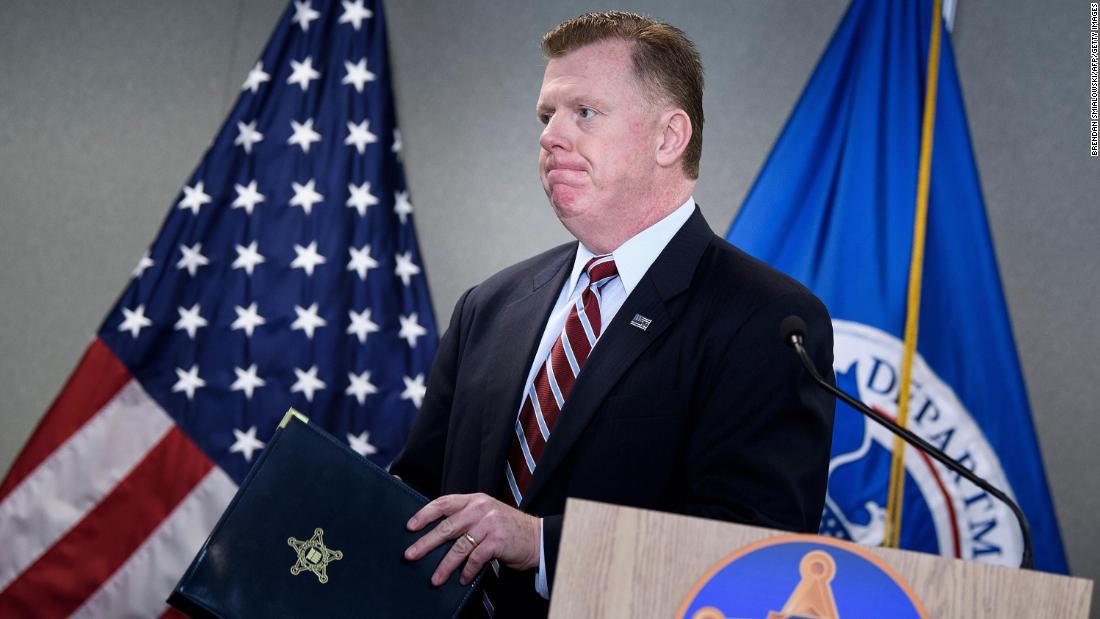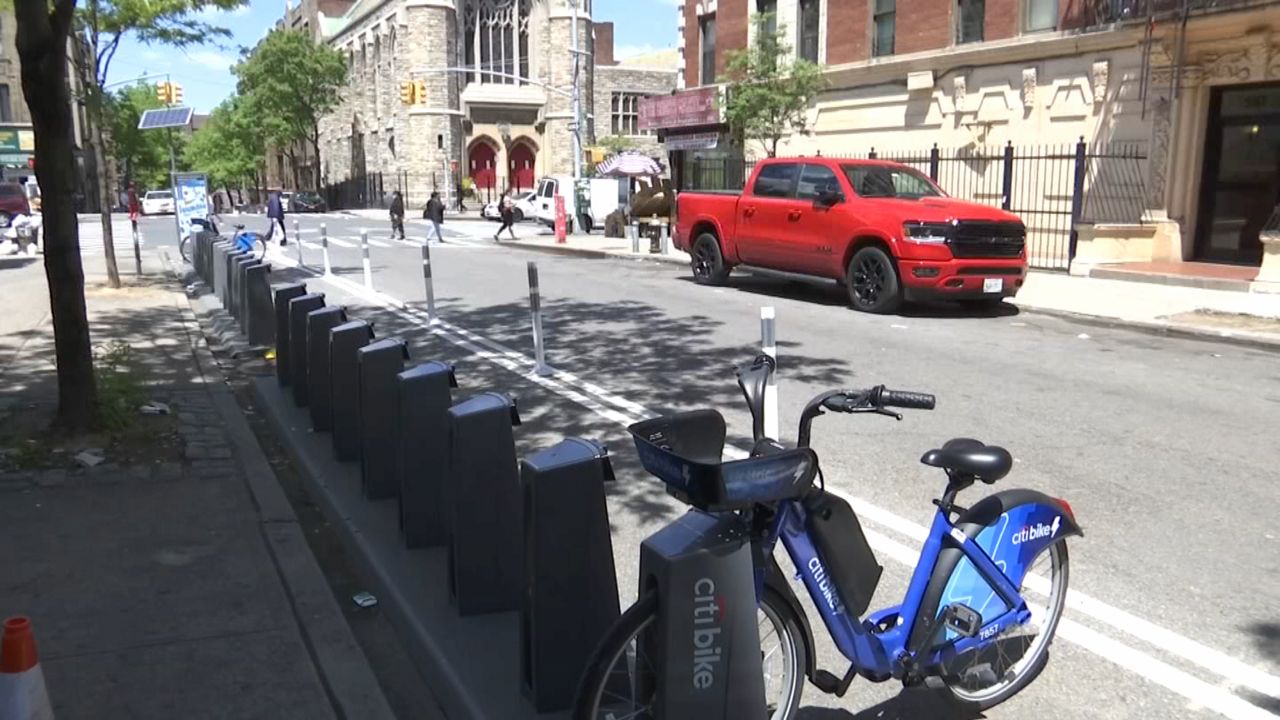(CNN) — Federal officials with the United States Secret Service helped recover about $ 2 billion in fraudulently obtained COVID-19 relief funds. They also seized more than $ 640 million from the accused fraudsters, the agency reported Wednesday.
More than a year after the pandemic, the Secret Service has opened 690 cases related to unemployment insurance fraud, in addition to another 720 investigations and investigations into fraud in the Program for the Protection of Paychecks and Economic Damage Loans ( EIDL).
Covid-19 benefits
“The amount of unemployment insurance benefits awarded in response to the COVID-19 pandemic is unprecedented in the history of the country’s unemployment insurance system,” said Larry Turner, Acting Inspector General of the Department of Labor.
“Unfortunately, the significant increase in benefits made the program a target for those who wanted to defraud government programs.”
In a recent hearing before members of the House of Representatives, Secret Service Director James Murray said the agency’s approach to recovering stolen funds has evolved over the past year, from stopping scams to establishing prosecutions. solid. Murray also noted that the size of congressional covid-19 relief packages is extraordinary and that work to root out fraud will continue long after the virus subsides.
“We have probably made more than 120 arrests related solely to COVID-19-related fraud,” Murray said.
This is not something that is going to go away. The size of these packages is so remarkable and the opportunities that exist are going to be persistent, we are going to deal with covid fraud for many years.
In March, the Justice Department announced that federal investigators identified more than $ 500 million in fraud. As a result, they charged 474 people with crimes related to the theft of funds designated as covid-19 aid.
Check Protection Program
Prosecutors found that fraudsters trying to steal from the Check Protection Program (PPP) were among the main targets. Fraudsters resorted to hoaxes that ranged from exaggerating their business expenses to setting up bogus companies to obtain financing.
In one Texas case, a man pleaded guilty to seeking $ 24.8 million worth of PPP loans using the names of 11 different companies to submit loan applications to 11 lenders. Thus, he managed to obtain $ 17.3 million in forgivable loans and used the money to buy houses, jewelry and luxury cars.
–


